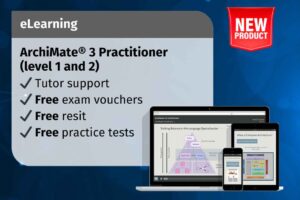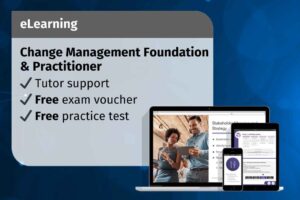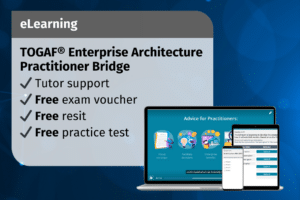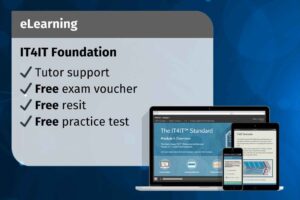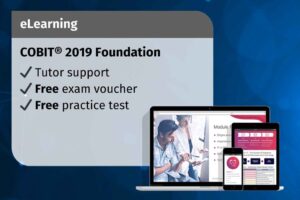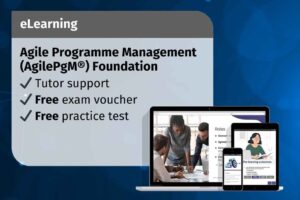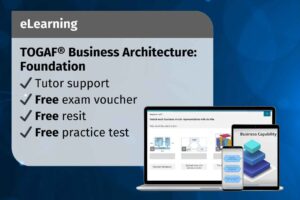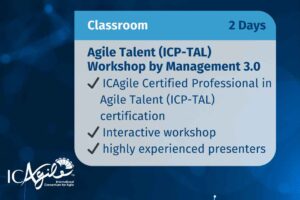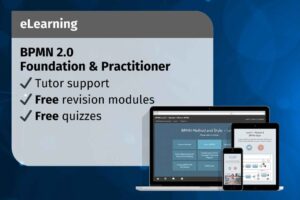Is your organisation looking to transform its Operating Model? Are external pressures forcing you to reconsider your business model and how you can add value for your customers?
Our Applied Operating Model course gives you a structured method and set of tools to drive Target Operating Model initiatives and set yourself up to achieve measurable and sustainable business benefits.
The course takes you through a number of highly relevant subject areas including:
- Creating value chains and value networks
- Connecting your process model with user and customer journeys
- Understanding data flows to be able to capture insights and be more intelligent through analytics
- Looking at capabilities through the lenses of people, process and technology
- Managing stakeholders and cultural change through effective communication plans
The 4 day course follows a structured approach, reinforced through the practical application of a case study, to walk you through the tools and techniques needed to run successful Target Operating Model initiatives.
To being, the course looks at where Operating Models sit within the strategy design and strategy execution disciplines; followed by a look at some of the key factors that determine success with Operating Model initiatives. From here it looks at how the capability model links in with value chains and value networks. This ensures you base your capabilities around your defined value chain. Before moving to define a target operating model, the course takes you through a review of the current operating model to identify gaps and opportunities. Once this is complete, you can define your target operating model, including elements such as the location strategy.
The course then moves on to defining a transformation roadmap which will determine how you transition to your target operating model. The next important step is developing a robust communications plan; this will make sure stakeholders are effectively managed and any cultural obstacles are successfully navigated. The course then starts to take a deeper look at some of the capabilities in the business. To do this effectively, we break down capabilities into the Operating Model dimensions of; people, process, data and technology. The course also looks at process architecture to see how you can identify workflows for automation and after that we take a look at conceptual data models to see how data needs to flow in the organisation. From here the course looks at how change requirements to certain capabilities can be integrated into a delivery roadmap, taking an agile approach to implement changes and deliver value in an iterative manner that delivers outcomes faster, while allowing for learning to improve the overall operating model.
Finally the course looks at some of the management approaches that you can use to drive your transformation initiatives. We look at Design Authorities, Progress reports and Balanced Scorecards to ensure you have the tools to show how your transformation initiative is performing and the benefits being delivered to the organisation.
The course covers all of this and much more during an interactive 4 day learning experience. You will learn from an experienced practitioner who will bring their experience and real-world stories to the classroom. They will guide you through a series of exercises and activities to ensure you leave the course with a practical set of tools and techniques to use back in the workplace.
To find out more about the course, simply click here.



